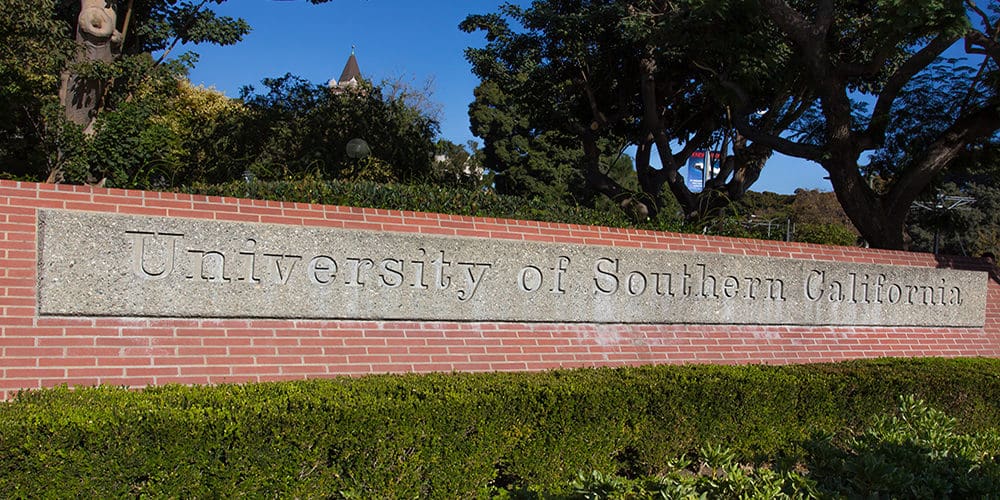USC Agrees to $852 Million Settlement with Sex Abuse Victims
In total, USC has agreed to pay $1.1 billion to the more than 700 women who say they were sexually abused by former student health center gynecologist George Tyndall.

LOS ANGELES, Calif. — The University of Southern California (USC) has agreed to pay $852 million to the 710 women who accused former student health center gynecologist George Tyndall of sexual abuse.
A Los Angeles County Superior Court approved the deal Thursday — bringing settlement totals to $1.1 billion after a $215 million settlement was approved last year as part of a separate federal class-action lawsuit. USC’s Board of Trustees also unanimously approved the amount.
A retired judge will allocate the settlement funds among the women, which will be paid by USC and the university’s insurance, reports NBC News.
Allegations against Tyndall, who was the school’s sole full-time gynecologist from 1989 to 2016, span from 2009 to 2016. In 2018, during a search of Tyndall’s home and storage locker, detectives found more than 1,000 videos described as homemade sex tapes and a number of sexually explicit photographs.
Students told clinic employees he asked inappropriate questions about their sex lives and made suggestive comments about their bodies. Nursing staff also reported for years that he was touching students inappropriately during vaginal exams and at least one co-worker threatening to go to the police, according to Yahoo News.
Tyndall was arrested in 2019 and charged with 18 counts of sexual penetration and 11 counts of sexual battery by fraud in cases involving multiple young women.
Prosecutors also charged him with five counts of sexual penetration of an unconscious person and one count of sexual battery by fraud last year. Tyndall has pleaded not guilty to all charges and is free on bond as he awaits trial.
In March 2020, the U.S. Department of Education’s Office for Civil Rights (OCR) released findings following a two-year investigation into how the school handled abuse allegations against Tyndall. The 51-page report found USC officials mishandled reports dating back to the 90s, which may have allowed abuse to continue for years.
The school was ultimately cleared of wrongdoing but the department found the university took months to issue decisions on cases, failed to tell students about their rights, and did not provide information on how long investigations would take.
As a result, USC agreed to create a centralized record-keeping system to track misconduct complaints against employees and what actions school officials take in response.
John Manly, one of the lead attorneys who represented over 700 women in the most recent settlement, described the idea that USC officials were not aware of the ongoing abuse as “a damn lie.”
“There are many in the administration and the board of trustees who don’t belong at that university,” he said after the settlement was announced. “Not all, but some. … They put the prestige, fundraising and the university brand ahead of the well-being of students for 30 years.”
The $852 million civil is believed to be the largest sexual abuse settlement against any university and the largest personal injury settlement against any college or university, according to the plaintiffs’ attorneys.
In 2018, Michigan State University agreed to pay $500 million to settle claims from over 300 women and girls who said they were sexually assaulted by sports doctor Larry Nassar, which was considered the largest settlement of its kind at the time.
If you appreciated this article and want to receive more valuable industry content like this, click here to sign up for our FREE digital newsletters!
 Leading in Turbulent Times: Effective Campus Public Safety Leadership for the 21st Century
Leading in Turbulent Times: Effective Campus Public Safety Leadership for the 21st Century
This new webcast will discuss how campus public safety leaders can effectively incorporate Clery Act, Title IX, customer service, “helicopter” parents, emergency notification, town-gown relationships, brand management, Greek Life, student recruitment, faculty, and more into their roles and develop the necessary skills to successfully lead their departments. Register today to attend this free webcast!














